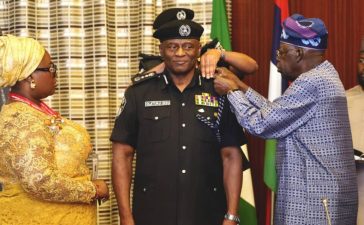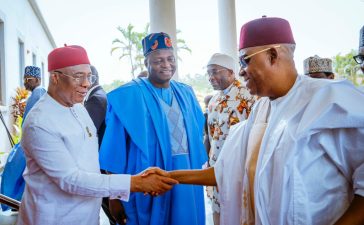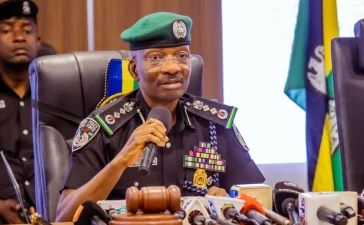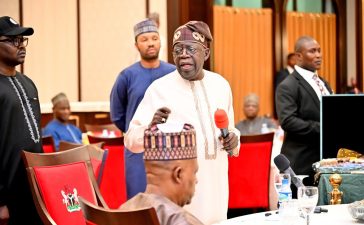The National Assembly has begun reviewing far-reaching constitutional amendment proposals that include the creation of 55 new states and 278 additional local government areas across Nigeria.
According to a statement issued in Abuja on Friday by Ismail Mudashir, Special Adviser on Media and Publicity to the Deputy Senate President, Barau I. Jibrin, the proposals were tabled at a two-day joint retreat of the Senate and House of Representatives Committees on the Review of the 1999 Constitution in Lagos.
Senator Barau, who also chairs the Senate Committee on Constitution Review, reaffirmed the legislature’s commitment to delivering “people-centred and timely” constitutional amendments.
“It has been a long journey to bring together the Senate and House proposals that cut across several sections and deal with different subject matters,” Barau said. “We have been in this process for the past two years, engaging constituents, stakeholders, civil society groups, and institutions in town hall meetings and public hearings.”
He revealed that the committees are currently considering 69 bills, 55 state creation requests, two boundary adjustments, and 278 local government creation requests.
Barau urged lawmakers to expedite deliberations to meet the target of transmitting the first batch of amendments to the state Houses of Assembly before the end of the year.
“It is not going to be a simple task to achieve within two days, but I believe we can do it,” he said. “We must stay focused on delivering meaningful reforms that reflect the will of Nigerians.”
The Deputy Senate President, who also serves as the First Deputy Speaker of the ECOWAS Parliament, called for unity and patriotism, urging participants to “avoid divisive tendencies” and focus on the common good.
Efforts to amend Nigeria’s 1999 Constitution have historically faced major challenges due to the requirement for concurrence from at least two-thirds of the 36 state Houses of Assembly.
Observers note that while this renewed push signals strong political intent, the scale of proposals — especially around new state and local government creation — could once again test Nigeria’s federal balance and the legislature’s capacity to achieve consensus.







